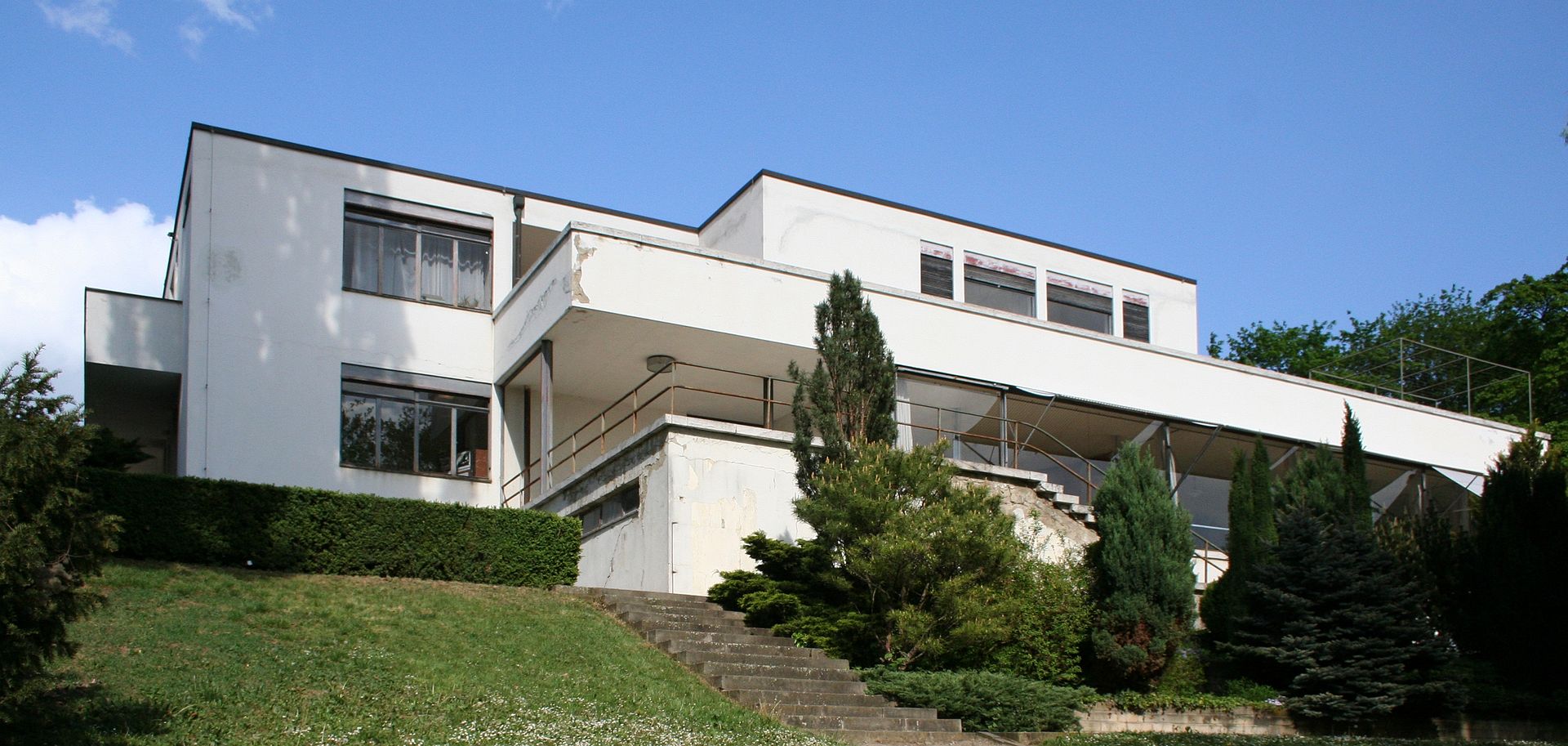Akademy/2014/Sightseeing
Webs & Mobile App
Check out these reference websites, which have all kinds of useful info:
- GoToBrno (en)
- Turistické Informační Centrum (cz only)
- Brno City Guide (issuu.com, en)
- Brno Travel Guide & Map (Google Play)
Recommendations
- Špilberk Castle - is an old castle on the hilltop in Brno, Southern Moravia. It began to be built as early as the first half of the 13th century by the Přemyslid kings and complete by King Ottokar II of Bohemia.[1] From a major royal castle established around the mid-13th century, and the seat of the Moravian margraves in the mid-14th century, it was gradually turned into a huge baroque fortress considered the heaviest prison in the Austro-Hungarian empire, and then into barracks. This prison had always been part of the Špilberk fortress.
- Cathedral of St. Peter and Paul - is located on the Petrov hill in the centre of the city of Brno in the Czech Republic. It is a national cultural monument and one of the most important pieces of architecture in South Moravia. The interior is mostly Baroque in style, while the impressive 84-metre-high towers were constructed to the Gothic Revival designs of the architect August Kirstein in 1904–5 .
- Villa Tugendhat - is a historical building in the wealthy neighbourhood of Černá Pole in Brno, Czech Republic. It is one of the pioneering prototypes of modern architecture in Europe, and was designed by the German architect Ludwig Mies van der Rohe. Built of reinforced concrete between 1928 and 1930[1] for Fritz Tugendhat and his wife Greta, the villa soon became an icon of modernism.
 Photography by Daniel Fišer under CC-BY-SA
Photography by Daniel Fišer under CC-BY-SA
- Technical museum in Brno - is the largest technical museum at Moravia. It's close to the venue/dormitories.
- Labyrinth under Cabbage Market - the unique and mysterious atmosphere of the maze of medieval corridors and cellars in the Labyrinth under Cabbage Market.
- Capuchin Crypt in Brno is a funeral room mainly for Capuchin friars. The crypt was founded in the mid 17th century in the basement of the Capuchin Monastery in the historical centre of Brno. The bodies of people buried there turned into mummies because of the geological composition of the ground and the system of airing.
Outside Brno
- Veveří Castle - is a castle located some 15 km northwest of Brno, Czech Republic, on the River Svratka.
- Moravian Karst - is a karst landscape and protected nature reserve to the north of Brno in the eastern part of the Czech Republic, located near the town of Blansko. It encompasses a number of notable geological features, including roughly 1100 caverns and gorges and covers an area of roughly 92 km². Currently, five of the cave systems (Punkva Caves - recommended for tour, Balcarka Cave, Kateřinská Cave, Výpustek Cave and Sloupsko-šošůvské Caves) are open for public tours and exploration. Approximately 30 km from Brno, public transport available.
